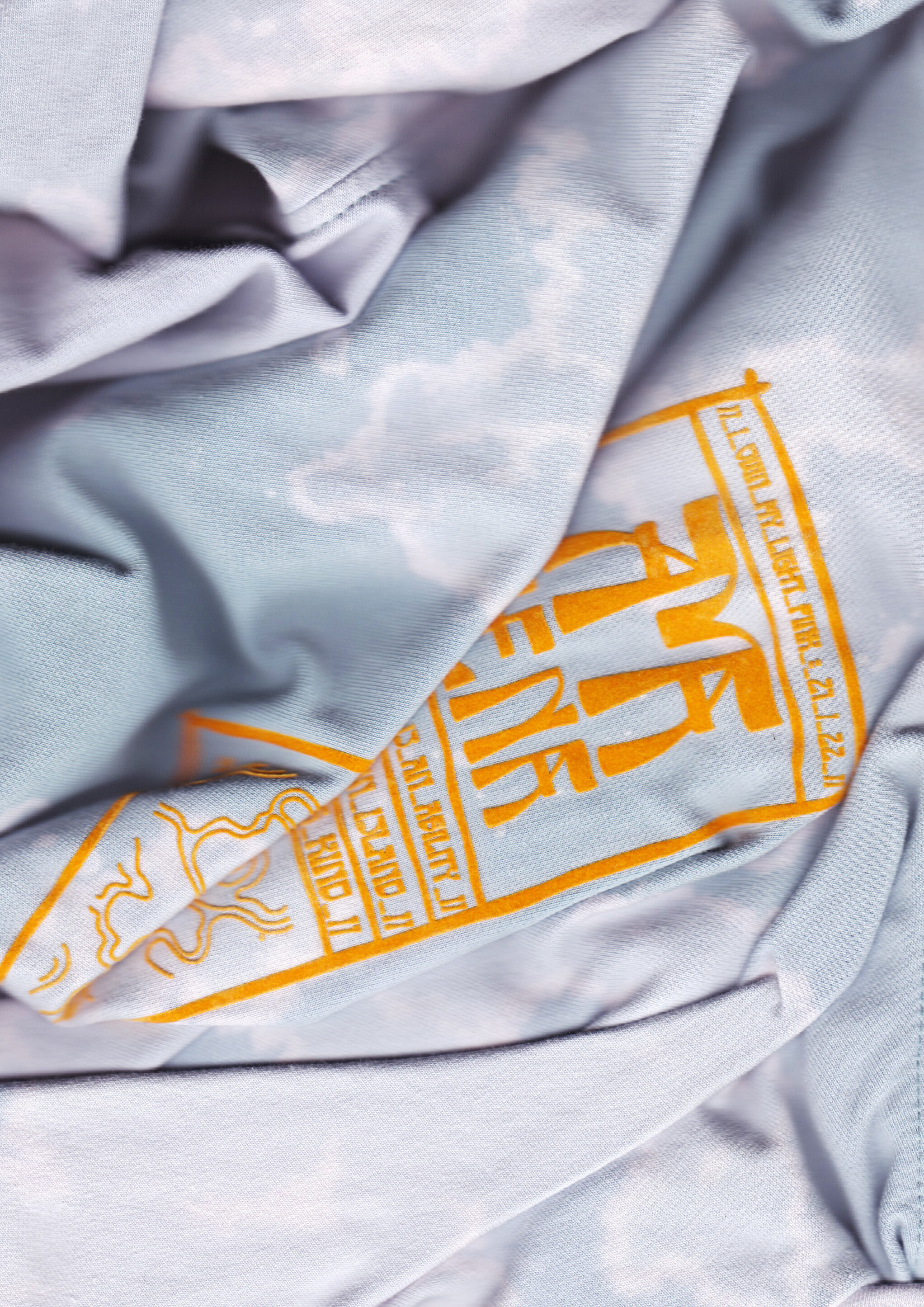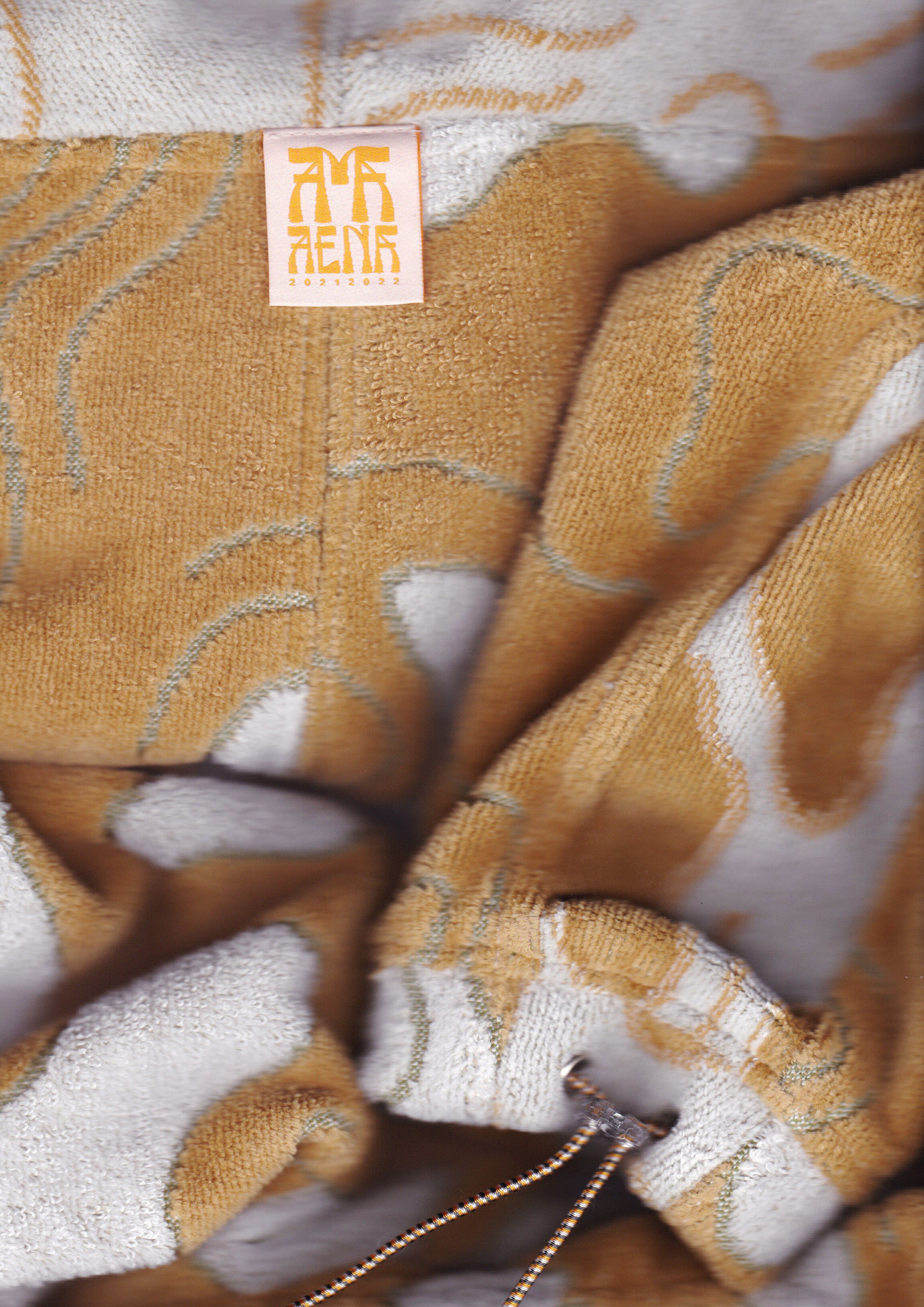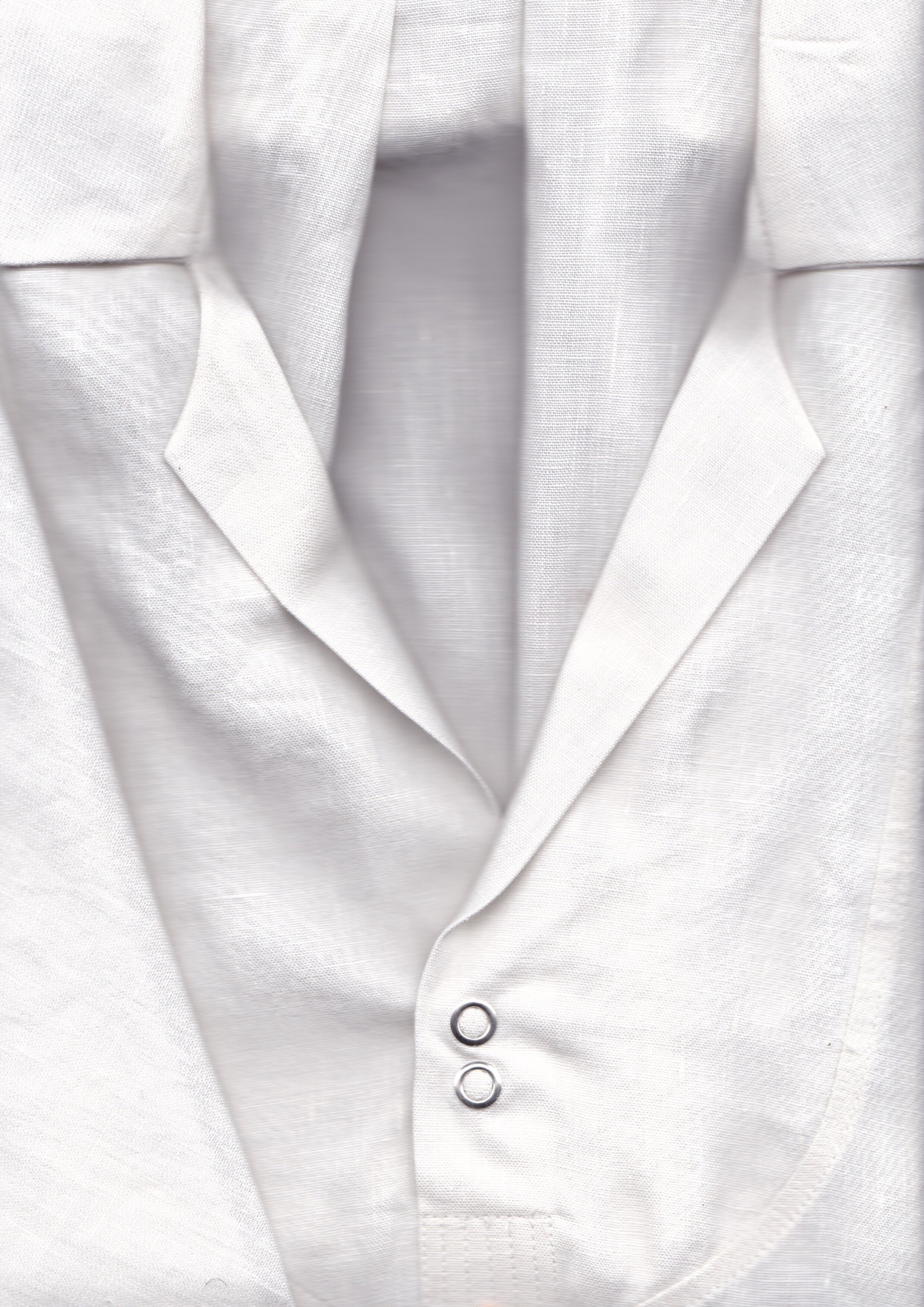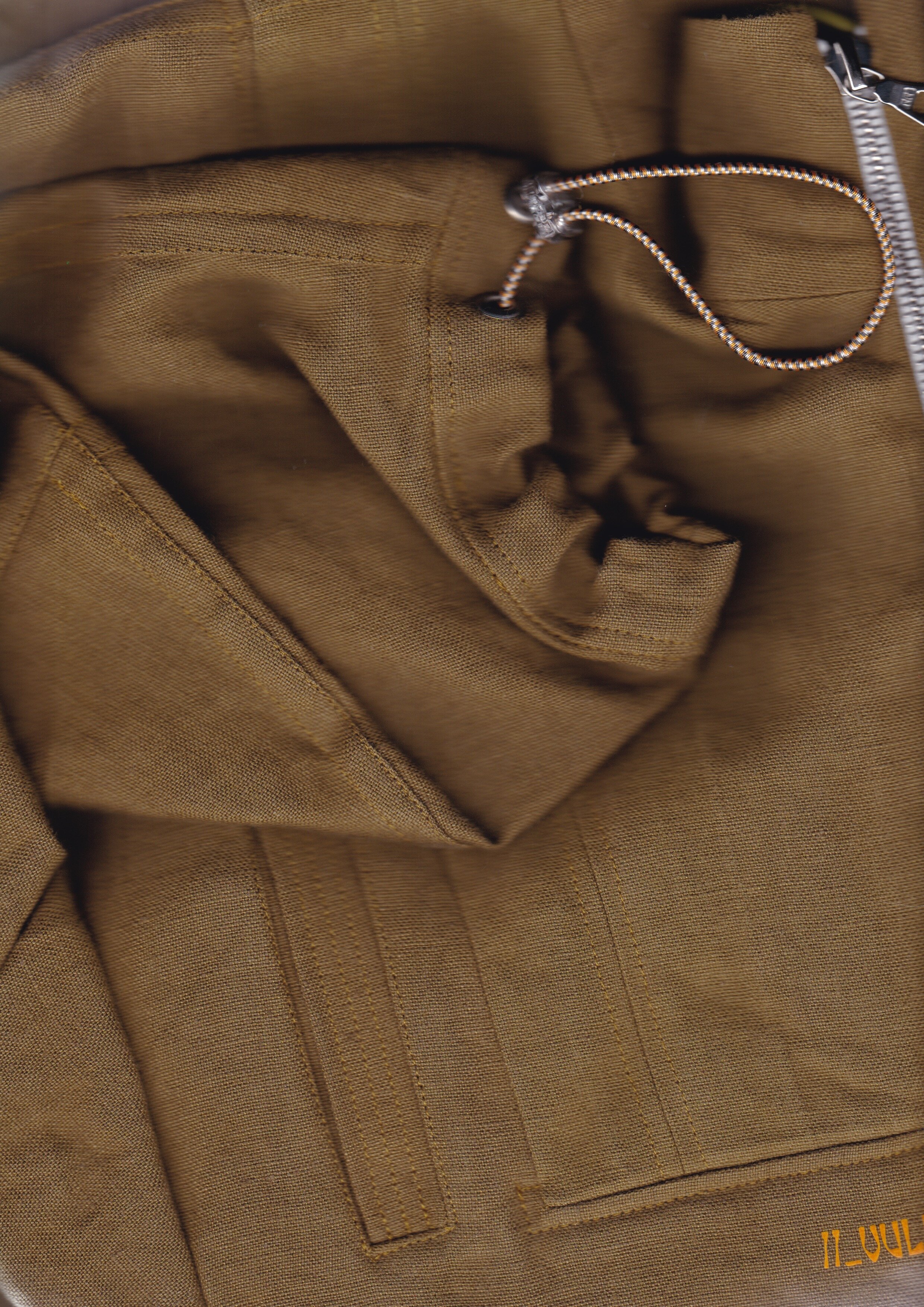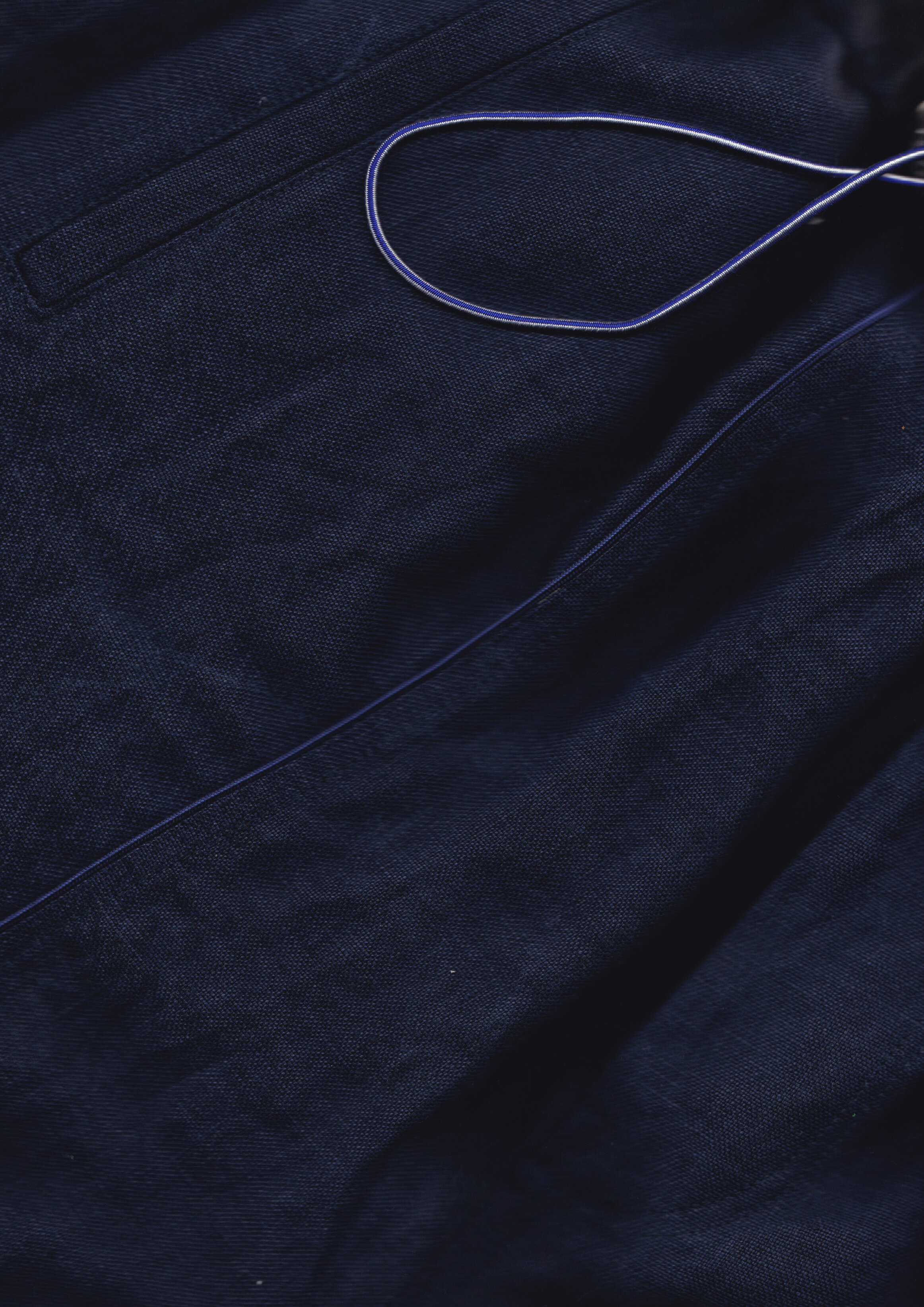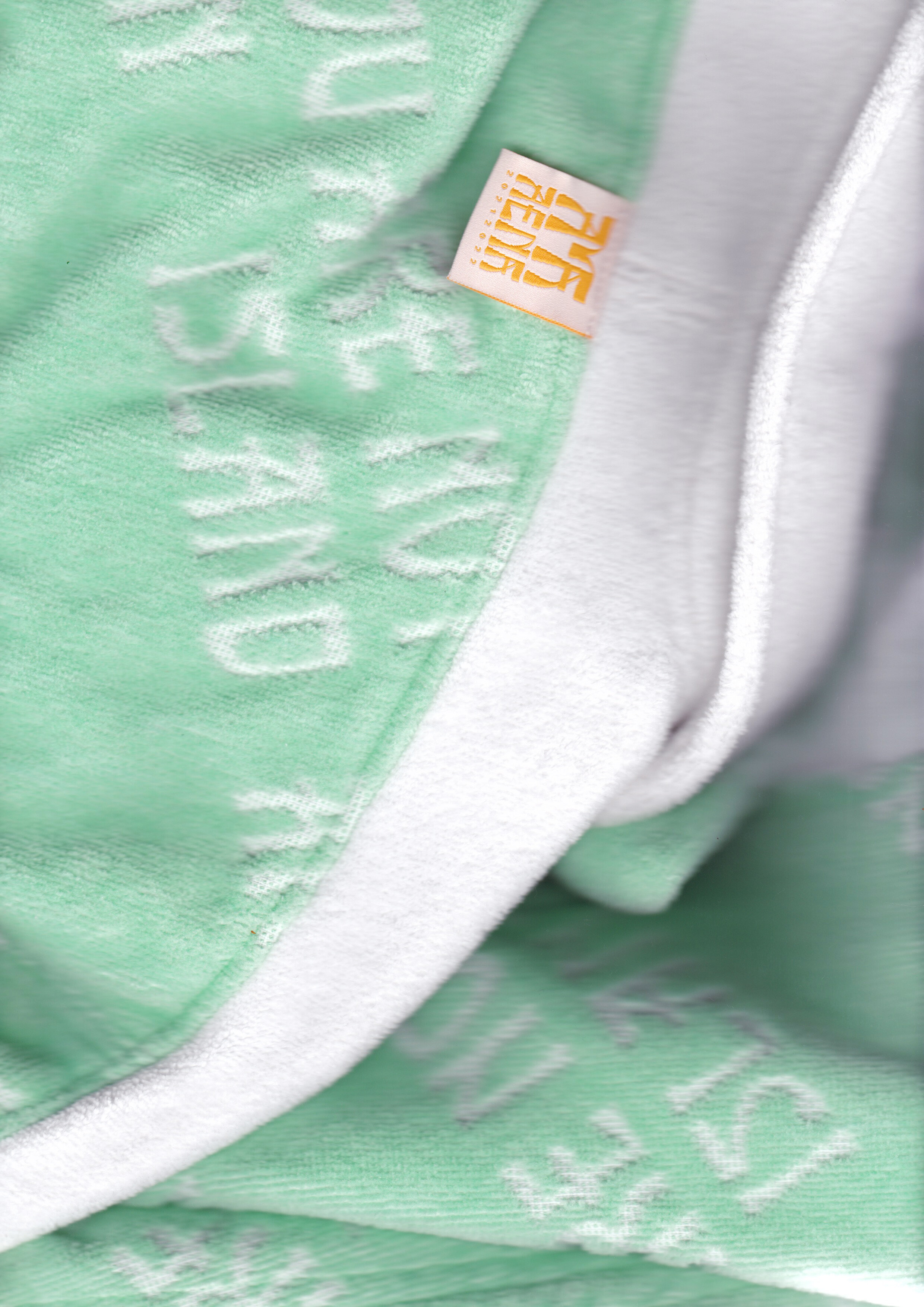INTERVIEW WITH AMAAENA
you are not an island // we are not an island // just be kind
-by Ale Zapata (Curator / External Projects Coordinator at Improper Walls)
What is Amaaena and what does it stand for?
Amaaena was for a long time just the pseudonym under which I work. The name is made up of my german and my two herero first names. Now I am just founding the label amaaena. a genderless slow fashion label that has the bpoc and queer community and their allies as its target group. One of the aims of the label is to make our issues tangible for the white majority society. The label is basically based on an overall concept. Within the framework of the annual collection, I also use other media such as moving images and performance to work on the current theme. under the name #amaaenaStudio, I work together with various artists on a project-oriented basis.
Who is behind Amaaena?
I was a one-woman machine for a long time. Now I try to outsource some of my work steps. I work together with my assistant Ivan Raffeiner. he is a great help to me. the possibility to discuss concepts often clarifies a lot.
Part of my ideology is to work in cooperations. One's own work can only get better through input from others. I also admire the craftsmanship of others. In the current collection, for example, I developed a typeface together with graphic designer Janosch Jansen. What an experience! seen in this way, amaaena is always reassembled but bears my signature.
You just designed a limited edition of hoodies together with Kreinekers, with the theme EMPATHY, why is it important for you to bring this concept to light?
In my opinion, empathy is an infinitely complex topic. if you deal with it, you immediately come up against hard pro and con positions. I was particularly interested in the question of how empathy affects socio-political courses and social interaction. This topic is also the basis of my new collection. In the implementation of the cooperation, however, I wanted to move away from the hard political space and travel to a warm place that is characterized by empathy at eye level.
For me, this special kind of empathy means taking a position in which I respect and perceive the reality of the other person's life one hundred percent and include it in my reaction and my dealings. What I like about this idea is that it makes it possible to grow together and make mistakes. For me, at this moment, interaction becomes soft, and softness enables openness. So it's okay if you don't come to a common denominator, the possibility of meeting again remains.
Where did you get inspiration for your new collection //_I_OWN_MY_LIGHT_PINK_// and what can we expect from it?
The collection is based on my individual observations and experiences. The issue of empathy has been on my mind for a long time. For example, I can't understand how people can support anti-migration policies when they hear the stories of refugees. Also, why people hold on to hurtful terminology is beyond me. Then during the pandemic, I felt that the tone of everyday life among each other was getting worse. I thought a lot about vulnerability, fear, and pain at that time, about the drifting of existences past each other in everyday life.
I wanted a place where you can be vulnerable, and this vulnerability becomes strength. the main inspiration is a scene from "Hale County this morning, this evening." Here, a football team of marginalized boys waits for the game that will decide their college selection. The group dynamic among the players fascinated me.
The next step was to approach the place where my protagonists have the opportunity to meet in this way. From then on, everything flows into each other, material, form, line, textile design. The best teaser is probably the poem //_POOLSIDE_//, which emerged in the process.
//_POOLSIDE_//
what we all miss_is empathy // i mean // have you ever seen me // have i ever seen you //
i wish myself back to the poolside of life // connected in nudity // easiness // thank you for taking care bout my back //
i need to be vulnerable // sometimes you need a good cry // you appreciate my softness //
// cause //
vulnerability is an ability // and empathy is the new me // i love watching you grow // diving into your creation
i wish myself back to the poolside of life // of course we share our towels // easiness // and we own our soft colours // you are my safe space // we should all be our safe space //
you are not an island // we are not an island // just be kind.
Your brand is a clear example that fashion can be political. How would you describe your socio-political responsibility as a fashion designer and creative?
For me, design and art are always a commentary on world affairs. and at the same time, we define what is read as beautiful. We have the power to change and define visual habits. The fashion industry is partly responsible for terrible ideals. Our work takes place in public. We work with the body of the person opposite us. Respect is essential here. I am also fundamentally of the opinion that every action is political. Even in the process, when it comes to possible collaborations, materials, etc., these are decisions that have an effect, even if it is small.
How do you want people to feel when wearing your clothes?
For me, clothing is pure communication. with the world and with the self. you can shape and form yourself. you can express yourself, grow, play. you can provoke, fly under the radar or make statements.
I want people to feel free in my clothes. they should feel addressed and seen, empowered, and not least beautiful.
